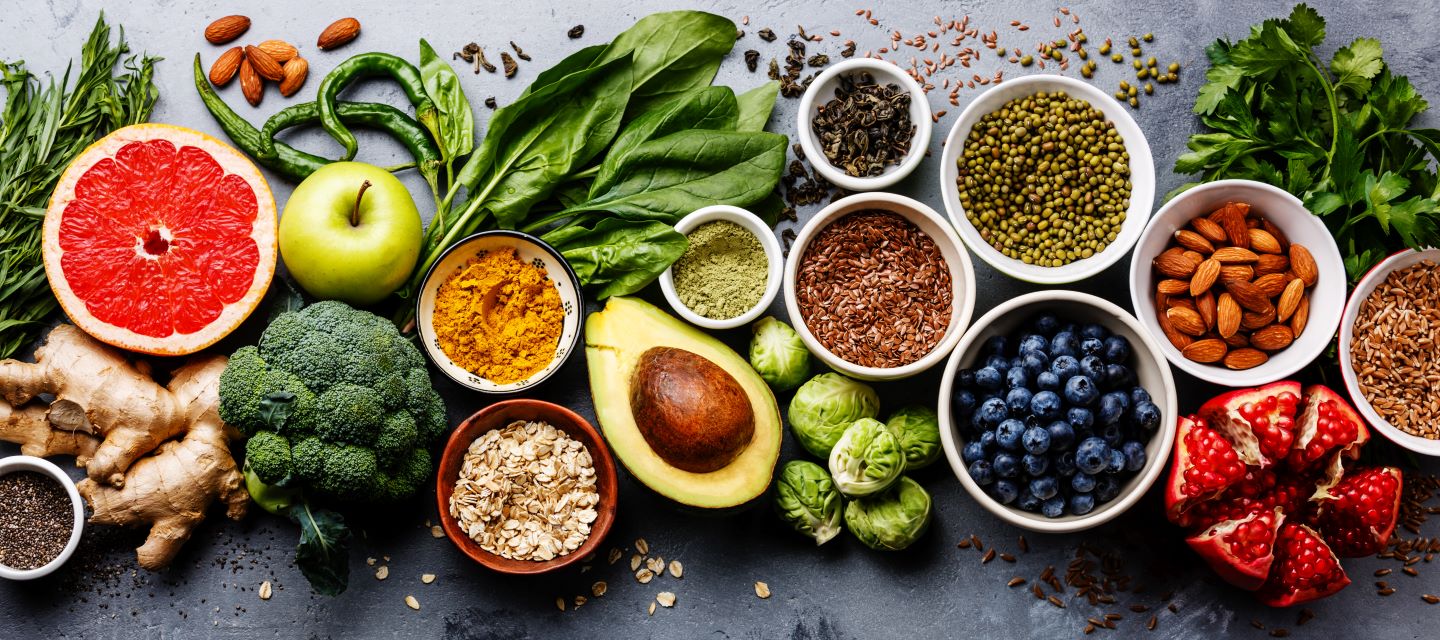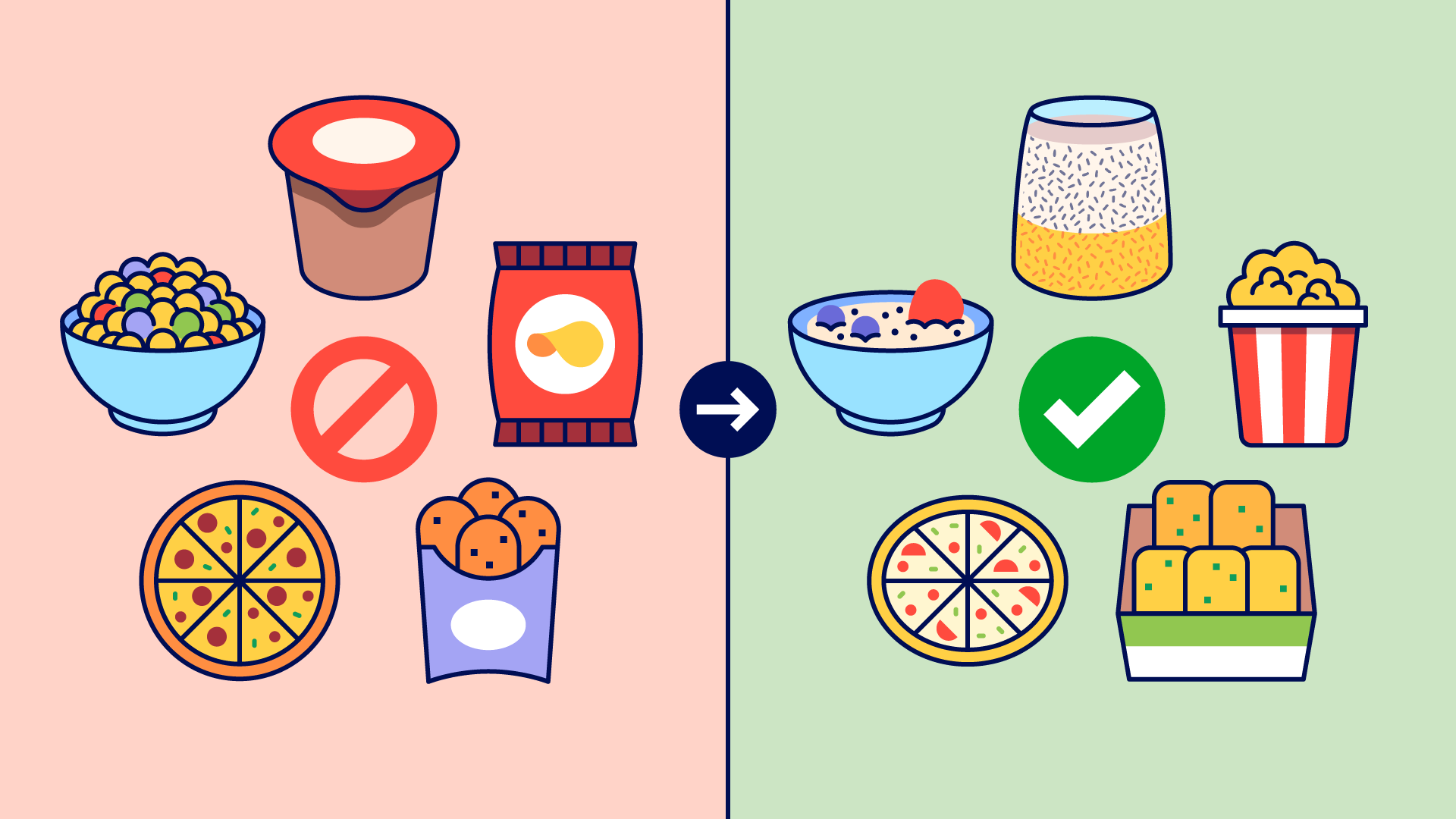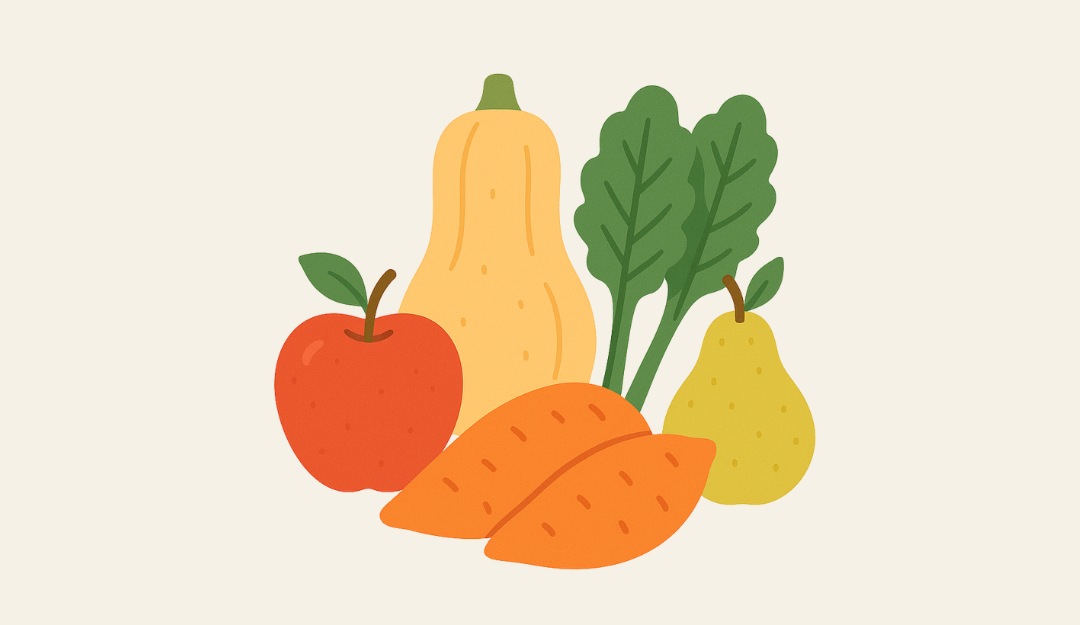What Are Superfoods and Which Ones Should You Be Adding to Your Diet

The term “superfood” represents a broad category of ingredients that are rich in nutrients, minimally processed, and relatively low in calories. These foods typically possess a variety of vitamins, minerals, and other beneficial compounds that can help bolster the immune system and prevent the development of certain chronic diseases, ranging from heart disease to type 2 diabetes to certain cancer. Individuals who consume these whole, predominantly plant-based foods may also experience increased energy levels, moderate weight loss, healthier skin, and lower blood pressure.
5 Types of Superfoods You Should Be Eating Throughout the Week
Avocados: Beloved for its creamy, smooth texture, the avocado is a true superfood. It’s full of healthy monounsaturated fatty acids, which not only satiate and keep one full, but also help lower bad (LDL) cholesterol levels. Its fiber content and nutritional profile are also important in promoting both digestive health and cognitive functioning.
Blueberries: They may look cute and unassuming, but blueberries are actually one of the most nutritious foods around. Blueberries are a good source of vitamin C, K, manganese, and fiber. But what sets the blueberry apart from other superfoods are the anthocyanins, which studies show may help prevent type 2 diabetes, reduce the risk of heart attack, boost memory, and aid in weight management.
Cruciferous Vegetables: Broccoli, cauliflower, Brussels sprouts, cabbage, and kale are all examples of cruciferous vegetables. This family of foods is rich in vitamins, A, C, E, and K, as well as minerals, such as folic acid, calcium, and magnesium. Eating more of these ingredients can benefit an individual’s overall wellbeing by maintaining heart health, regulating blood pressure, improving cholesterol levels, and preventing constipation.
Lentils: Low in calories, high in protein, and loaded with both soluble and insoluble fiber, lentils are the ultimate plant-based food. Because of their fiber content, lentils help lower cholesterol and protect against colon cancer. They also contain a slow-digesting starch that benefits gut flora and reduces the risk of other gastrointestinal diseases.
Seeds: Tiny in stature, seeds are nutritional powerhouses, rich in both omega-3 and omega-6 fatty acids, “healthy fats” which can help reduce blood sugar level and harmful inflammation. Ingredients like chia seeds, hemp seeds, flax seeds, and sunflower seeds are all good sources of protein and contain essential and trace minerals that can be difficult to find in other foods.


